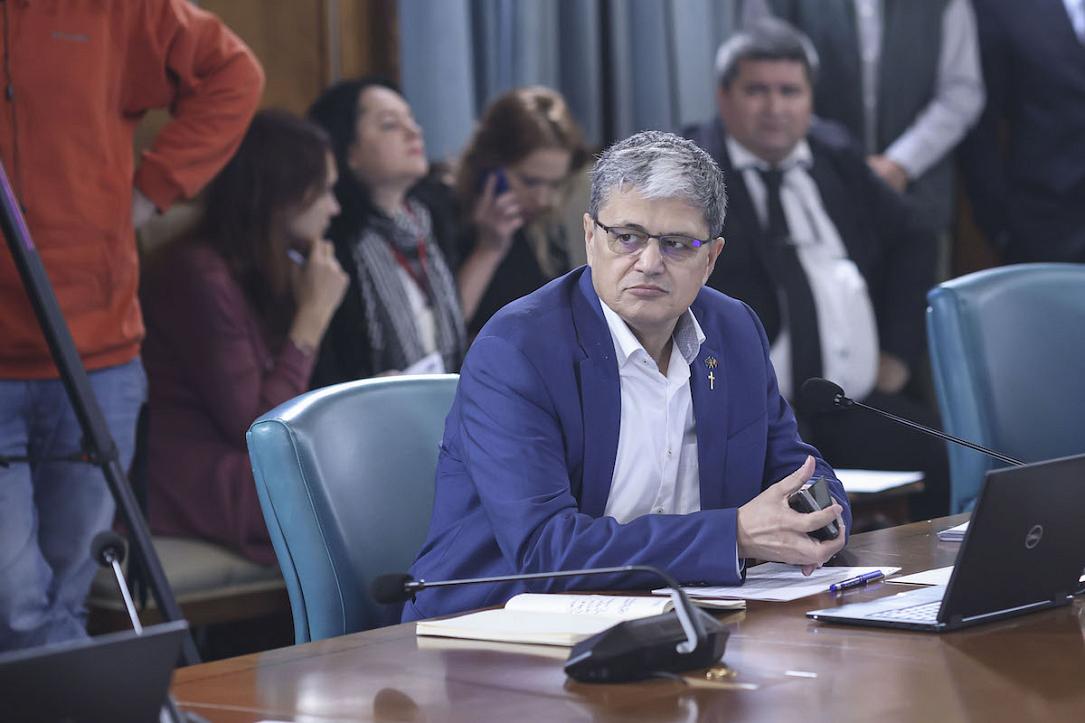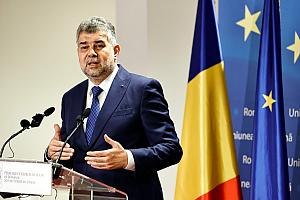Romania's finance minister confirms 7-year fiscal consolidation plan due October 15

Romania sticks with its plans to deliver the fiscal consolidation strategy to the European Commission by October 15, and the strategy encompasses a seven-year transition before reaching the 3%-of-GDP gap, finance minister Marcel Bolos confirmed in a conference, quoted by Economica.net.
Some delays in the delivery wouldn't come as a surprise given the electoral calendar (the parliamentary elections are scheduled on December 1) and minister Bolos's remark on other countries (also under excessive deficit procedures) already asking the European Commission for more time.
Minister Bolos said smoother consolidation should preserve high rates of public investments while not violently affecting the taxation regime.
"That's why our efforts were oriented towards having this seven-year period, so that we have a reasonable adjustment [of public spending] and, at the same time, keep the fiscal policy bearable," emphasized Bolos.
Previously, former finance minister Florin Citu said that the European Commission is imposing Romania a shorter, four-year transition period under the Excessive Deficit Procedure (EDP) – which would involve tougher tax rate hikes in 2025.
Minister Bolos indirectly admitted that the general taxation has to be tightened in order to contribute to fiscal consolidation but insisted that the better collection and the rationalization of non-essential public expenditures should have a role as well.
He pointed to the RON 10 bln (EUR 2 bln) supplementary revenues generated this year by the first measures aimed at improving tax collection, a sum already included in the recent budget revision.
iulian@romania-insider.com
(Photo source: Inquam Photos/Sabin Cirstoveanu)













